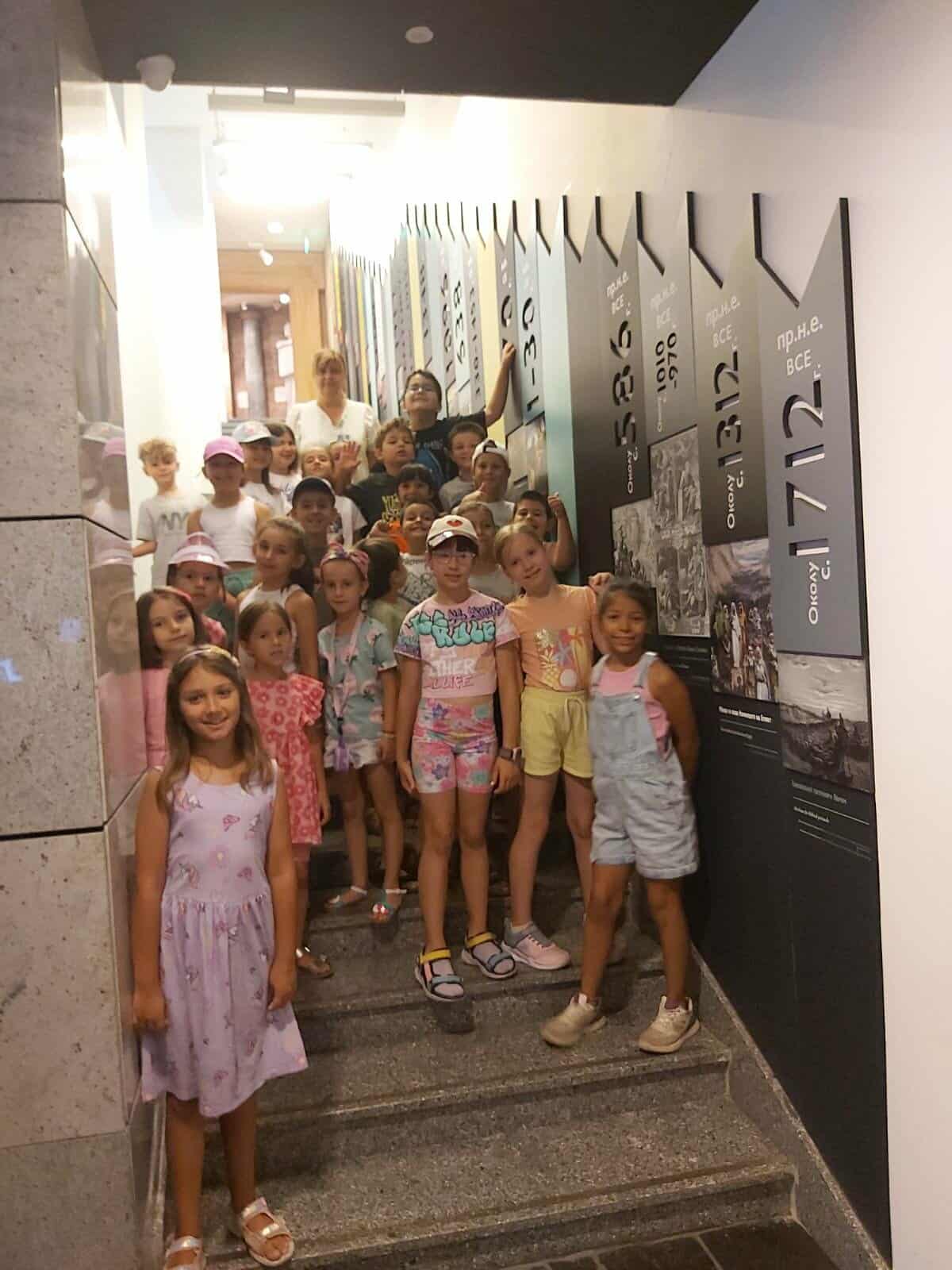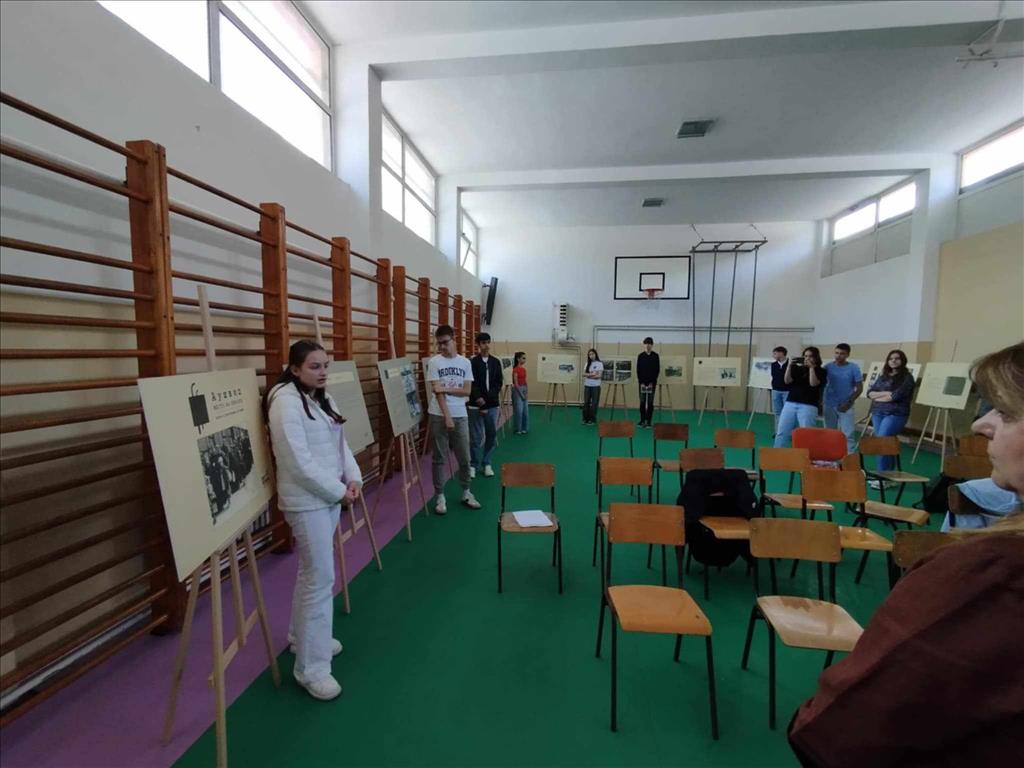ROZA KAMHI RUSO
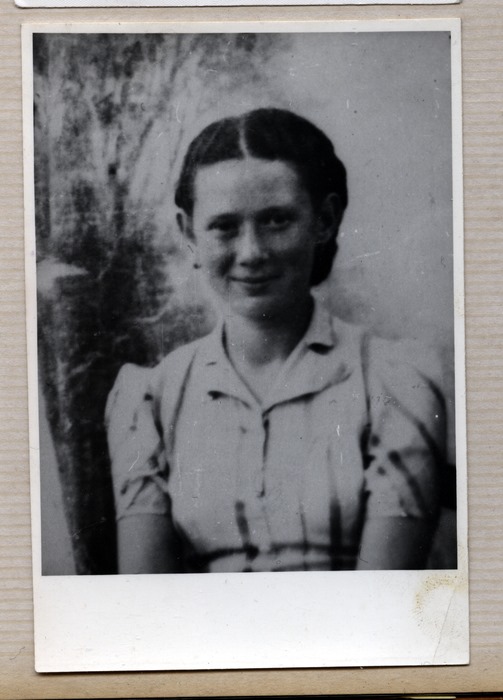
Rosa Kamhi Ruso was born on 6 April 1922. She is one of the four children of Berta and Mentesh Kamhi. Her father, along with his brother Rafael Moshe Kamhi, took part in the Ilinden Uprising. Rosa lives in a rich family, her father traded in wheat, and her mother took care of the family and the house. Her brother Mois graduated from a French school in Bitola (Alliance Israelite Universalle) and went to Israel, but after a short time, he returned for health reasons. Rosa also had brothers Pepo and Simaia. Unfortunately, Simaia was killed young, so Rosa learned a lot from her two brothers, with whom she was actively involved in the youth organization "Hashomer Hacair" in Bitola.
In 1941 she graduated from the Trade Academy and became a member of the KPJ. With several girls who were in SKOJ, they were helping the resistance by carrying partisan essentials, money, were knitting sweaters, hats and the like. Her parents knew she was actively involved in the resistance movement and did not forbid her because her father, Mentesh, was a veteran from Ilinden uprising who did not oppose Rosa's involvement in the resistance. Their house was often used for illegal activities that helped the partisans. They kept party materials and people were sleeping illegally. Rosa was a regular at the party meetings. The day before the deportation of the Jews from Bitola, Rosa and two other friends Adela Faraji and Estreja Ovadia hid in the cellar of the shop of Gjoko Tapandziev's father, which was a carpentry-collar workshop in the Collar Market. The next day, they took refuge in the cigarette shop of Bogoja Siljanovski, where Zhamila Kolonomos and Estreja Levi were already hiding.
After a month of hiding in the cigarette shop in the center of Bitola, they tried to move into partisans, but Rosa was arrested by the police and sentenced to 15 years in prison. She was lucky not to be deported to a concentration camp, but was tortured to expose the partisans. She was in prison from April 1943 until the liberation of Bitola on 9 September 1944. In the prison, she was secretly receiving Marxist material, which she read together with other prisoners. In order not to be caught, they had a secret technique of delivering the materials. The food they received during the visits was always wrapped in some paper. Instead of ink, those who wrote the materials used lemon juice. No one noticed that there was a text on the paper, and in this manner the prisoners kept in touch, receiving news from the outside world. The post between the prisoners was delivered through the bricks in the toilets, they were a place of communication. The prison authorities did not suspect.
When the war was nearing the end, Bulgaria capitulated, Rosa went to the partisans in the village of Podmochani, where she was given a party task to work with the women from the Prespa region. She stayed there for a year, until the final liberation of Macedonia. She was in the Communist Party's Regional Committee. After the war she lived in Skopje where she worked in the Ministry of Finance. In 1946 she married Beno Ruso in Skopje. Beno's brother, Dario, married her friend Dora Nahmias on the same day as Beno and Rosa.
They live in Nish and Belgrade for a brief period of time and have three children – Berta, Vida and Isak.
In 1957, they returned to Skopje and she quickly became assistant to the Minister of Finance, and then was assigned as undersecretary in the Ministry of Finance. She retired in 1982 and died in 2016. She was proud grandmother of her grandchildren and great-grandchildren.
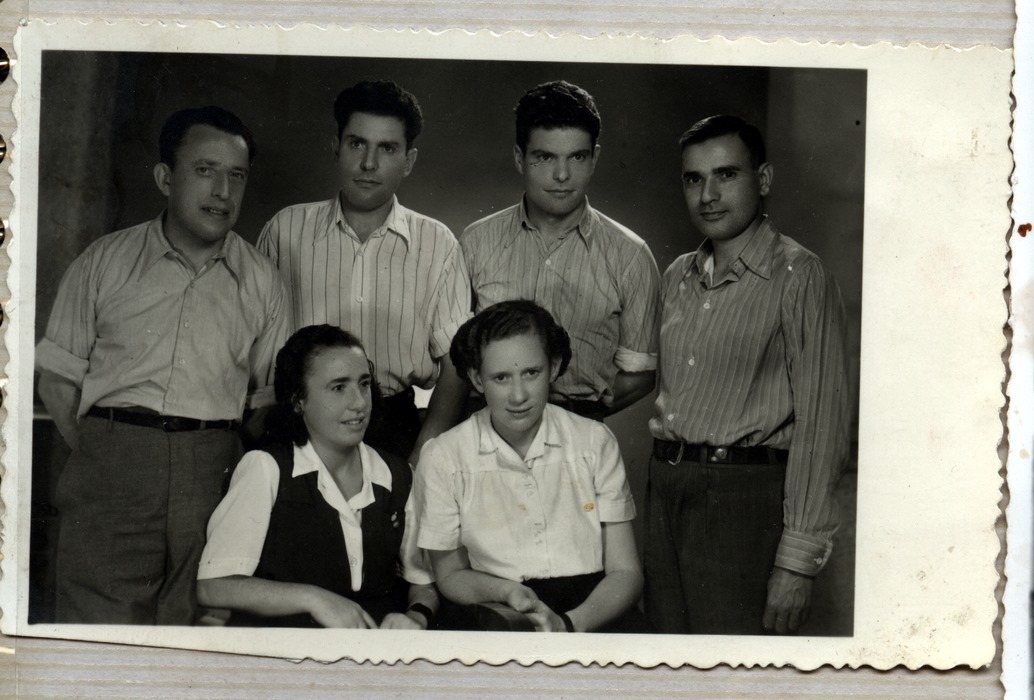
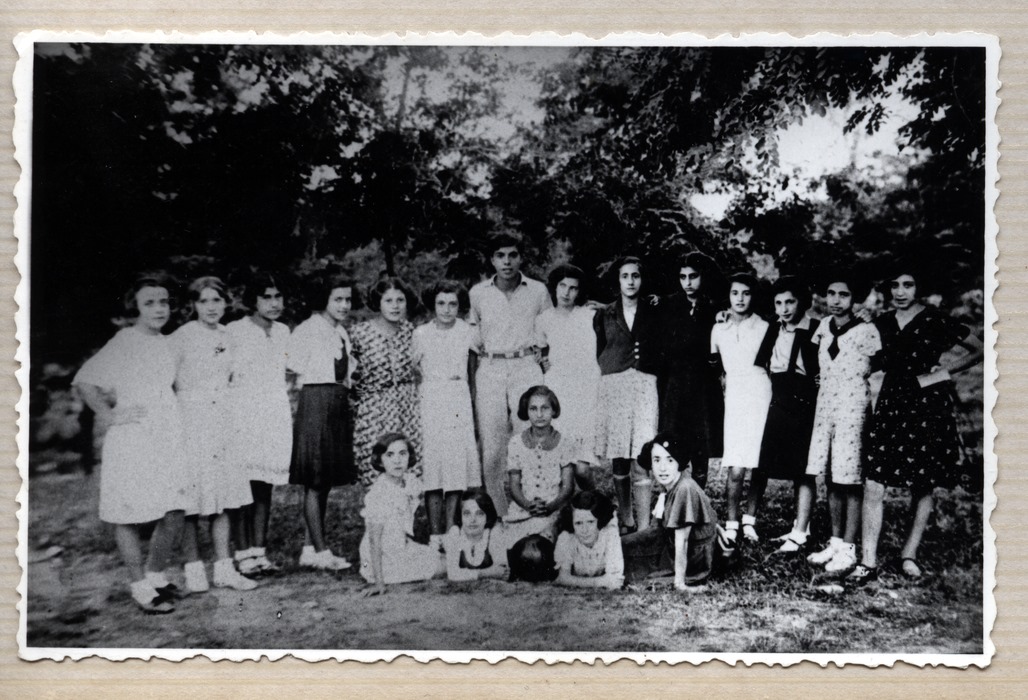
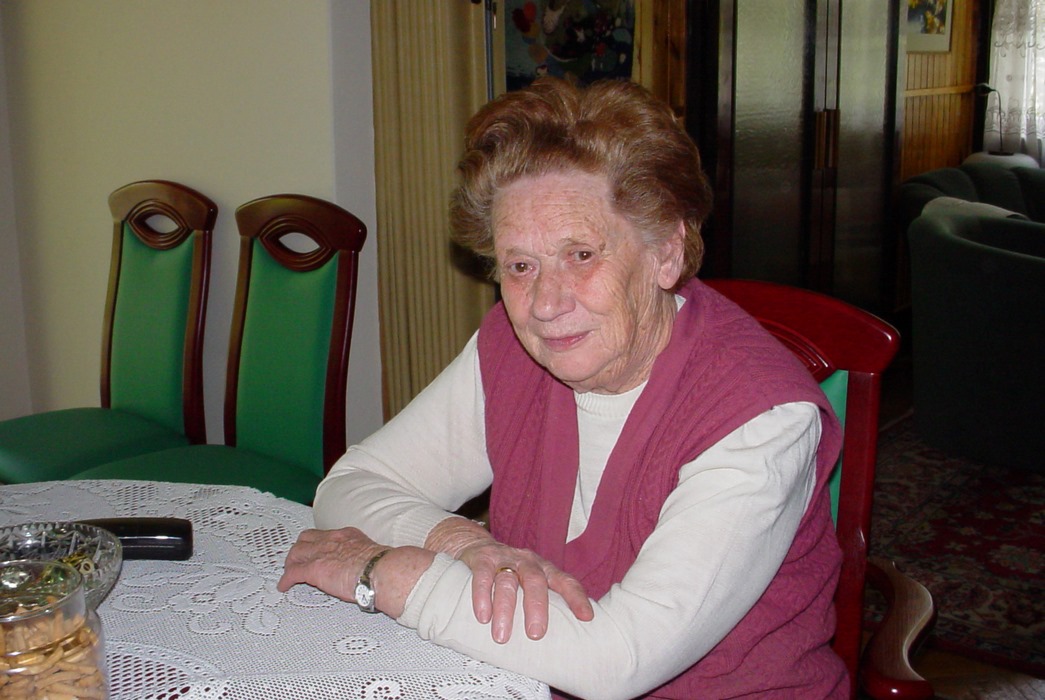
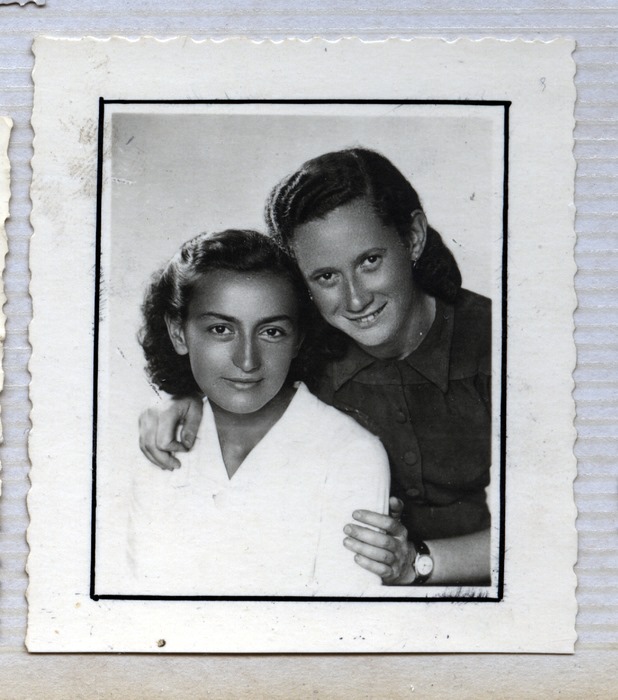
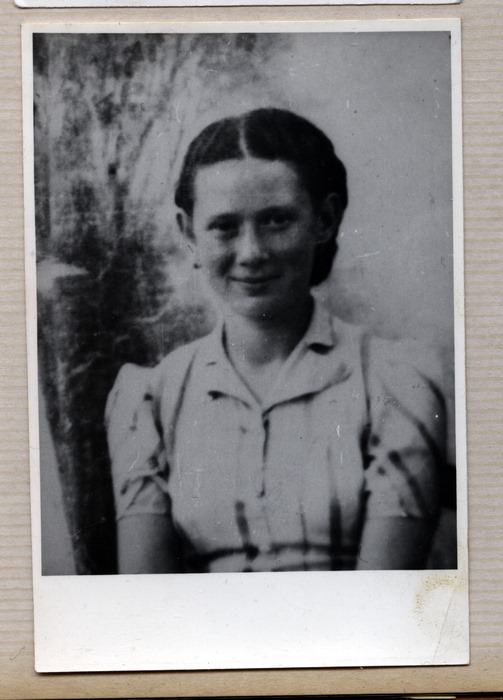
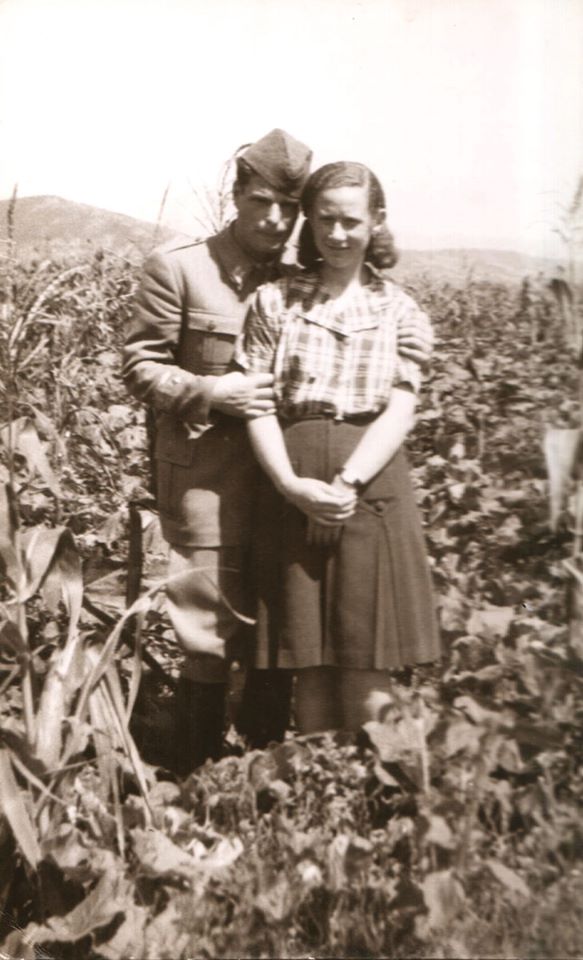






Share: << Back
Any help from you is more than welcome.
Donate to continue with the successful work and education


